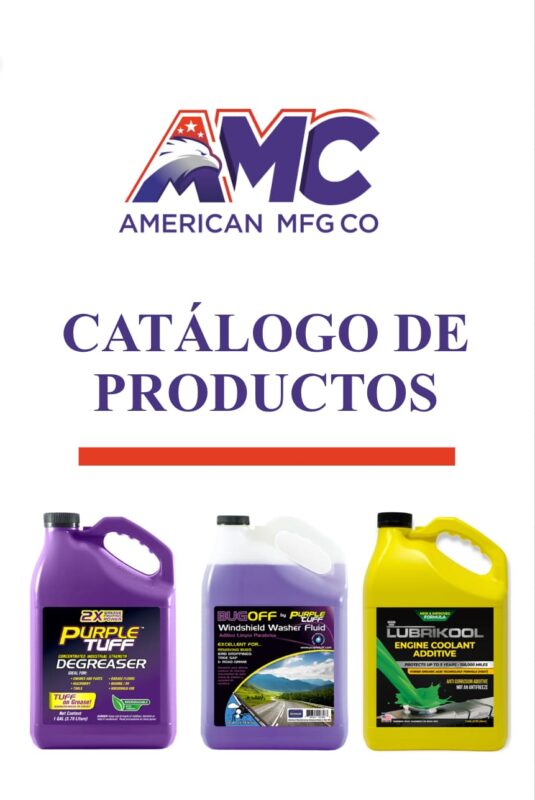Blog
Is Antifreeze the Same as Coolant? Discover Which One Is Best for Your Car

Are You Confused About Choosing Between Antifreeze and Coolant for Your Car, Without Knowing the Difference?
Don’t worry! We’re here to help.
Keeping your car in optimal condition is very important. During maintenance, you may encounter moments when you need to choose between antifreeze and coolant. Understanding the difference between the two is crucial to keeping your engine in good shape and preventing overheating.
Although many car owners assume both terms refer to the same product and use them interchangeably, remember that they are not the same, despite their similarities.
Below, we break down both products to help you determine which one is best for your vehicle.
Car Coolant: The Service It Provides
Coolant, sometimes called radiator fluid, is a mixture of antifreeze and water. It acts as a heat transfer medium within the engine’s cooling system. The coolant circulates through your car’s engine, absorbing excess heat.
That heat is then dissipated into the surrounding air once the coolant carries it to the radiator.
If you’re shopping for coolants, you’ll likely find them in different formulations, classified according to the ratios of antifreeze and water, such as 50:50 and 70:30, which are the most common.
These ratios directly affect the boiling and freezing points of the coolant, so it’s important to handle them carefully.
A reliable coolant, such as the products from American MFG, not only absorbs engine heat but also offers antifreeze protection and keeps your car in top condition.
Antifreeze and Its Importance
If you live in areas with extremely cold climates, antifreeze is ideal for you. It is a chemical compound that lowers the freezing point and raises the boiling point of water-based fluids.
If the coolant in the engine freezes due to low temperatures, it can cause permanent damage to the engine. Therefore, antifreeze is used to prevent this.
In addition, antifreeze has multiple functions:
- Prevents coolant from freezing in cold climates.
- Helps remove excess heat from the engine in extreme heat conditions, preventing overheating.
- Protects the engine’s cooling system from corrosion and keeps the water pump lubricated.
Antifreeze contains ethylene glycol or propylene glycol, along with other additives that enhance your car engine’s overall performance.
Which One Is Best for You?
When choosing between antifreeze and coolant, you must consider several factors, from the climate where you live to the specifications recommended by your car’s manufacturer.
Climate
If you live in extremely cold temperatures, you will need antifreeze with higher concentrations. In warmer climates, a lower concentration will suffice.
Manufacturer Recommendations
Check your car owner’s manual or a mechanic to determine your vehicle’s specific coolant needs. While most manufacturers recommend similar types or formulations, variations may exist. Therefore, consult a professional before buying.
Environmental Impact
Believe it or not, the type of coolant you use affects the environment.
Propylene glycol-based coolants are considered more eco-friendly and less toxic than those containing ethylene glycol. Be sure to use biodegradable coolants to reduce your carbon footprint.
Conclusion: Which Is Better?
Although antifreeze and coolant are similar, they are not the same. Antifreeze is a key component of coolant, preventing your car from freezing or overheating. On the other hand, coolant functions as the heat transfer medium within the engine’s cooling system.
Consider factors such as climate, manufacturer recommendations, and environmental impact when choosing the right fluids for your car’s engine.
If you’re looking for the right product for your vehicle, American MFG, a leading name in the industry and a top producer of antifreeze, is here for you. American MFG offers reliable products that ensure optimal performance, protect your engine from damage, and extend your car’s lifespan.




